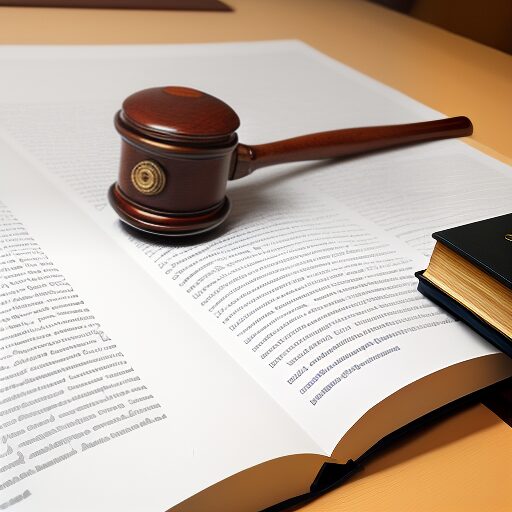The Law Offices of Perry B. DeLoach, Jr., LLC
Glossary of Personal Injury Law Terms in South Carolina
Navigating a personal injury case can be overwhelming, especially if you are unfamiliar with the legal terms involved. To help you better understand the process, we’ve compiled a glossary of key terms frequently used in personal injury cases in South Carolina. With this knowledge, you’ll be prepared to make informed decisions about your case.
Arbitration
A dispute resolution process where an arbitrator hears the case and makes a binding decision. Arbitration is often faster and less formal than a traditional trial.
Contingency Fee
A payment structure where the attorney’s fee is contingent on the outcome of the case. The lawyer is paid a percentage of the awarded damages, only if the plaintiff wins.
Defendent
The individual, business, or entity being sued by the plaintiff.
Discovery
The pre-trial phase where both parties exchange evidence and information relevant to the case. This process can include:
- Interrogatories: Written questions requiring written responses.
- Depositions: Sworn out-of-court testimony recorded for use at trial.
Mediation
A form of alternative dispute resolution where a neutral third party helps both sides negotiate a settlement without the need for a trial.
Personal Injury
Any physical or psychological harm caused to an individual due to someone else’s negligence or wrongful act.
Punitive Damages
Damages awarded to punish the defendant for especially reckless or malicious behavior. These are awarded in addition to compensatory damages.
Statute of Limitations
The legal time frame within which a person must file a lawsuit after sustaining an injury. In South Carolina, personal injury claims typically have a three-year statute of limitations, but this can vary based on the type of case.
Tort
A wrongful act or violation of someone’s rights that leads to civil legal liability. Personal injury cases are a type of tort law.
Comparative Negligence
A legal principle that reduces the compensation awarded based on the percentage of fault assigned to each party involved in the accident. For example, if the plaintiff is found 20% responsible for their injury, their compensation may be reduced by 20%.
Damages
Monetary compensation requested or awarded for losses resulting from a personal injury. Damages can be:
- Economic: Medical bills, lost wages, property damage.
- Non-Economic: Pain, suffering, or emotional distress.
Deposition
An interview where attorneys question witnesses under oath. Depositions are part of the discovery process and can be used to gather evidence or prepare for trial.
Liability
Legal responsibility for one’s actions or omissions. Establishing liability is a crucial part of determining who is responsible for compensating the injured party.
Negligence
The failure to behave with the care that a reasonable person would exercise under the same circumstances. Most personal injury cases are based on negligence, where harm is caused due to carelessness rather than intent.
Plaintiff
The person or party who files a lawsuit. In personal injury cases, the plaintiff is the injured party seeking compensation.
Settlement
An agreement between the parties involved in a dispute to resolve the case without going to trial. Settlements often include compensation for the plaintiff’s losses.
Subrogation
The legal right of an insurance company to seek reimbursement from a third party responsible for causing an insured loss. If your insurer covers your medical bills, they may pursue the responsible party to recover those costs.
Wrongful Death
A claim brought when a person dies as a result of another party’s negligent or intentional actions. Wrongful death cases allow the deceased’s family to seek compensation for their loss.
At The Law Offices of Perry B. DeLoach, Jr., we understand that personal injury law can be complex. Familiarizing yourself with these terms is a great first step in navigating your case confidently. If you or a loved one has suffered an injury, contact us to discuss your case and learn how we can help you pursue the compensation you deserve.



